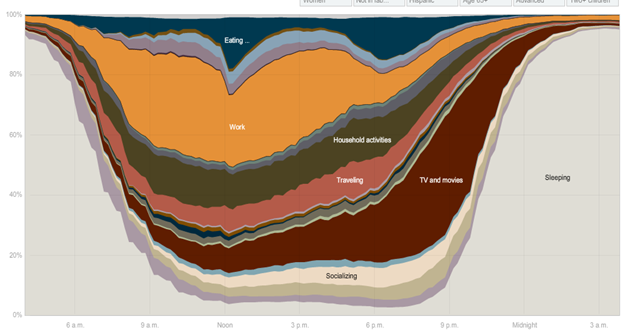Language and Gender
October 24, 2011 in Daily Bulletin

John L. Locke wrote a book called “Duels and Duets”, which is about the different ways men and women use language to communicate. In the book he explains how the differences in speech emanate from different biological needs in both genders. In this interview with Salon, he says that men tend to “duel” as a way to impress others, while women use speech in a less direct manner in an effort to bond. Further insights from the article include:
- Men using uncommon words naturally can signal to females that they are “biologically fit”
- Emails can negatively impact some relationships because they are generally depersonalized
- Men and women don’t need to change the way they talk, they just need to understand the ways they differ
To read more about the different things language says about our traits head to the article here.
Source: Salon









Join the Discussion! (No Signup Required)